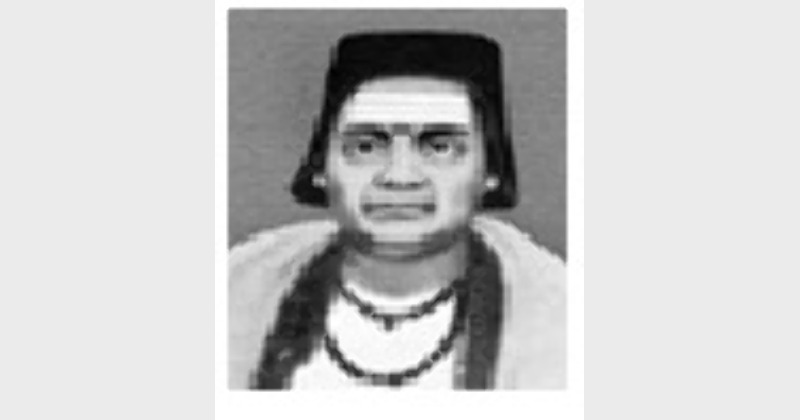

BHASKARA II, also know as Bhaskaracharya, was born in 1114 AD near Vijjadavida or the modern-day Bijapur in the State of Karnataka. Born to a family of scholars, he learnt mathematics from his astrologer father Mahesvara. A leading mathematician of 12th century, he wrote his first work on the systematic use of the decimal number system. He also headed the astronomical observatory of Ujjain, the leading mathematical centre of ancient India.
His main work Siddhanta Shiromani, which has four parts, namely Lilavati¬¬, Bijaganita, Grahaganita and Goladhaya and deals with arithmetic, algebra, mathematics of the planets, and spheres, respectively. Bhaskara is particularly known for the discovery of the principles of differential calculus and its application to astronomical problems and computations. While Newton and Leibniz have been credited with differential and integral calculus, there is strong evidence to suggest that Bhaskara was a pioneer in some of the principles of differential calculus. He was perhaps the first to conceive the differential co-efficient and differential calculus.
He conceived the modern mathematical finding that when a finite number is divided by zero, the result is infinity. He also accurately defined many astronomical quantities using models developed by 7th century scholar Brahmagupta. For example, he calculated that the time that is required for the Earth to orbit the Sun, is 365.2588 days. The modern accepted measurement is 365.2563 days, a difference of just 3.5 minutes. Bhaskara wrote Karanakuthuhala, a book on astronomical calculations, which is still referred in making precise calendars. Bhaskara II was also a noted astrologer, and tradition has it that he named his first work, Lilavati after his famous mathematician daughter.
Leave a Comment